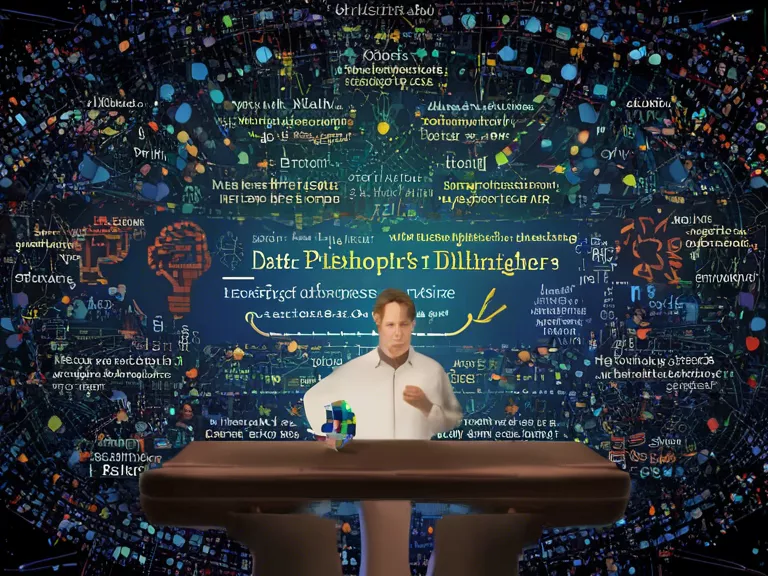
As the world becomes increasingly data-driven, the role of insight in human decision-making has come under scrutiny. In this article, we delve into the Data Philosopher's Dilemma and explore the importance of balancing data and insight in decision-making processes.
In the age of big data, businesses and organizations have more information at their fingertips than ever before. With the ability to collect and analyze vast amounts of data, decision-makers have access to a wealth of information that can drive strategic decision-making and improve outcomes. However, simply having access to data is not enough. In order to truly harness the power of data, decision-makers must also possess the insight and intuition to interpret and apply this information effectively.
This is where the Data Philosopher's Dilemma comes into play. On one hand, data provides a factual and objective basis for decision-making. It can illuminate patterns, trends, and correlations that might otherwise go unnoticed. However, data alone is not sufficient. In order to make well-informed decisions, decision-makers must also possess the ability to interpret and contextualize this data, drawing upon their own insights and experiences to make sense of the information at hand.
Ultimately, the most effective decision-makers are those who can strike a balance between data and insight. By combining the objective information provided by data with the subjective interpretations of insight, decision-makers can make more informed and strategic decisions that take into account both quantitative and qualitative factors.
In conclusion, the Data Philosopher's Dilemma highlights the importance of insight in human decision-making processes. While data provides a valuable foundation for decision-making, it is only through the application of insight that this data can be truly useful. By embracing both data and insight, decision-makers can make more thoughtful and effective decisions that drive success and innovation.
No Website Lists.

